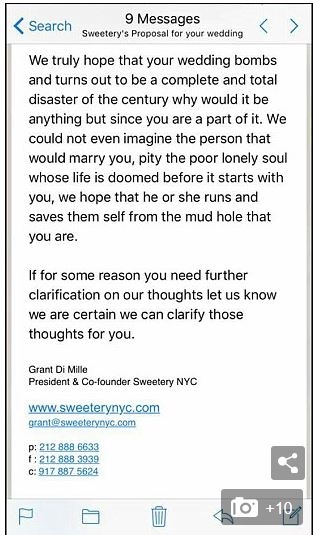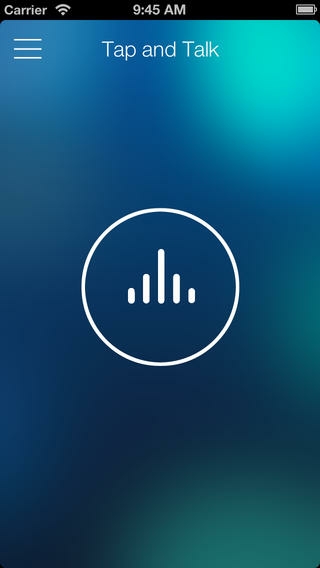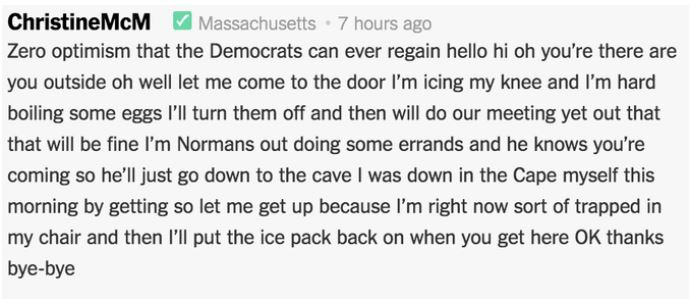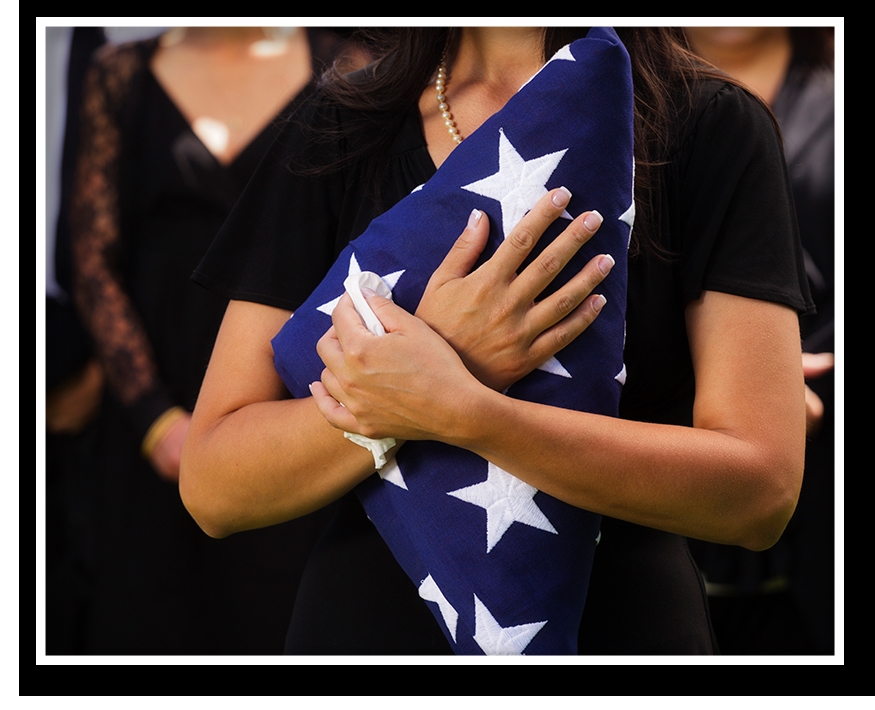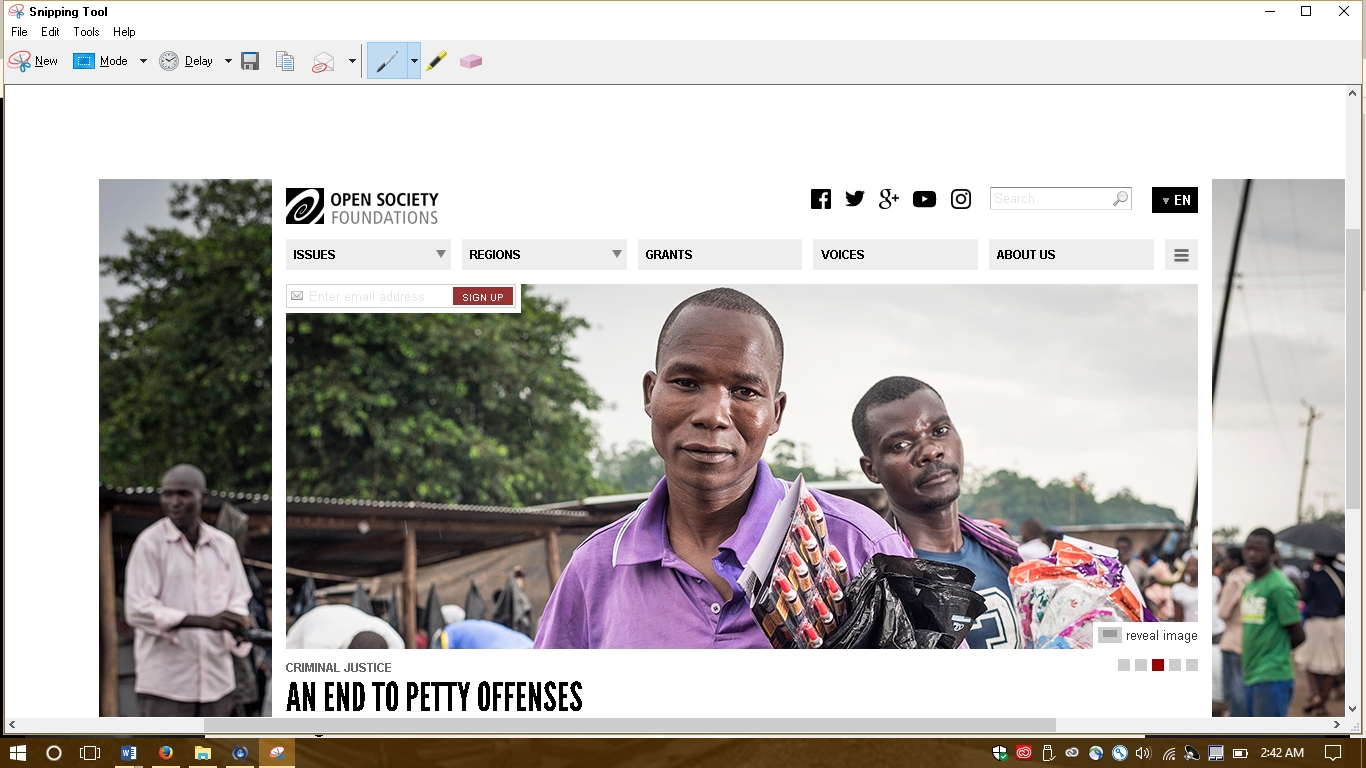Howard Schultz Steps Down from Starbucks and Speculation Abounds
/Howard Schultz's career may get more interesting. After an incredible 40-year success story with Starbucks, Schultz announced he's stepping down from the company's board of directors.
The Seattle Times reports that Schultz planned the announcement before the controversy about two black men arrested in a Philadelphia store. He waited until the news died down, and now, the time seems right.
Schultz has never shied away from political topics, and this isn't the first time people are speculating about a presidential bid. But this time, Schultz isn't denying the possibility, as he told The New York Times:
“I want to be truthful with you without creating more speculative headlines. For some time now, I have been deeply concerned about our country — the growing division at home and our standing in the world.
“One of the things I want to do in my next chapter is to figure out if there is a role I can play in giving back. I’m not exactly sure what that means yet.”
Schultz also responded to a question about a potential presidential run:
“I intend to think about a range of options, and that could include public service. But I’m a long way from making any decisions about the future.”
He certainly has a simple, nicely designed website with a video introduction. Regardless of his campaign decision, Schultz seems to have some plans for a future. With the multiple ways to provide contact information ("Let's stay in touch!"), the focus is clearly on connecting with people.
See additional communications about the news:
Discussion:
- Assess Schultz's website and video. Who are his primary and secondary audiences, and what are his objectives?
- Why do you think Schultz emphasizes staying connected? Other than for political reasons, what could be his motivations?
- Read the company's press release. What are the main points?















